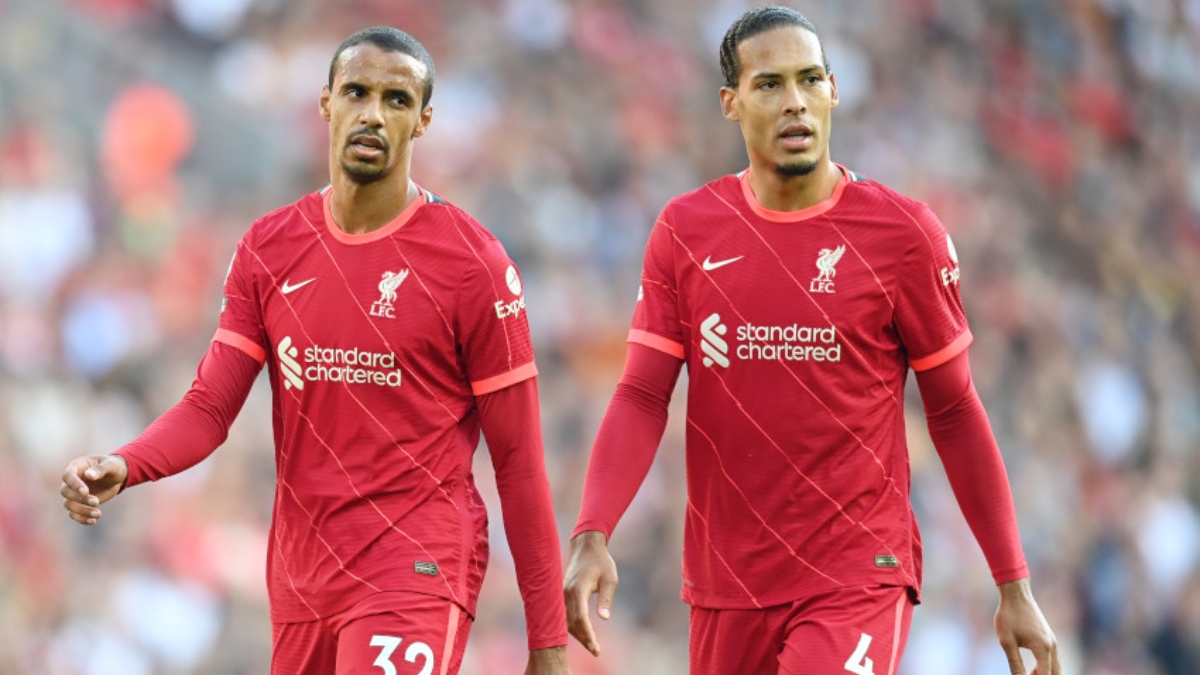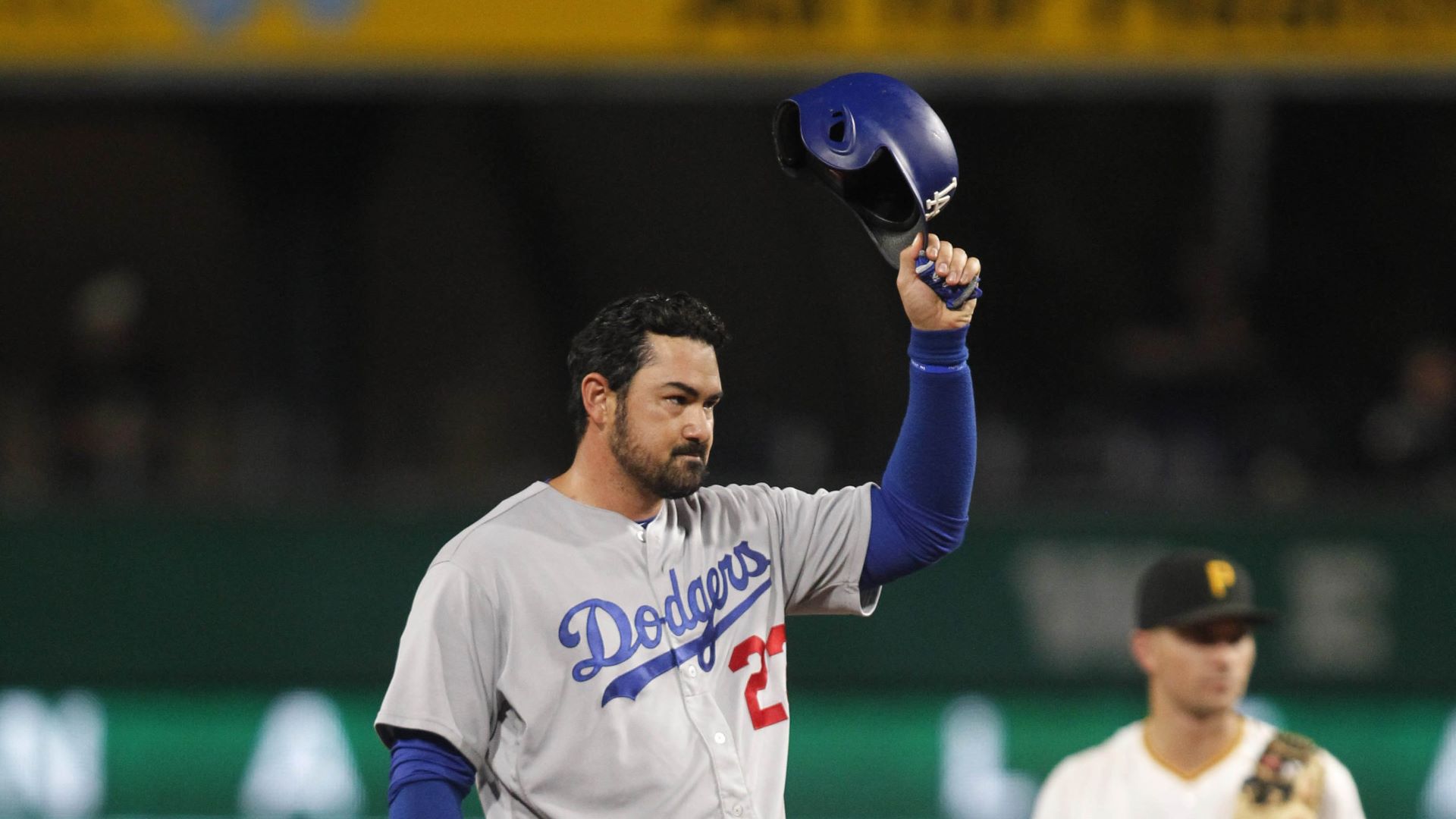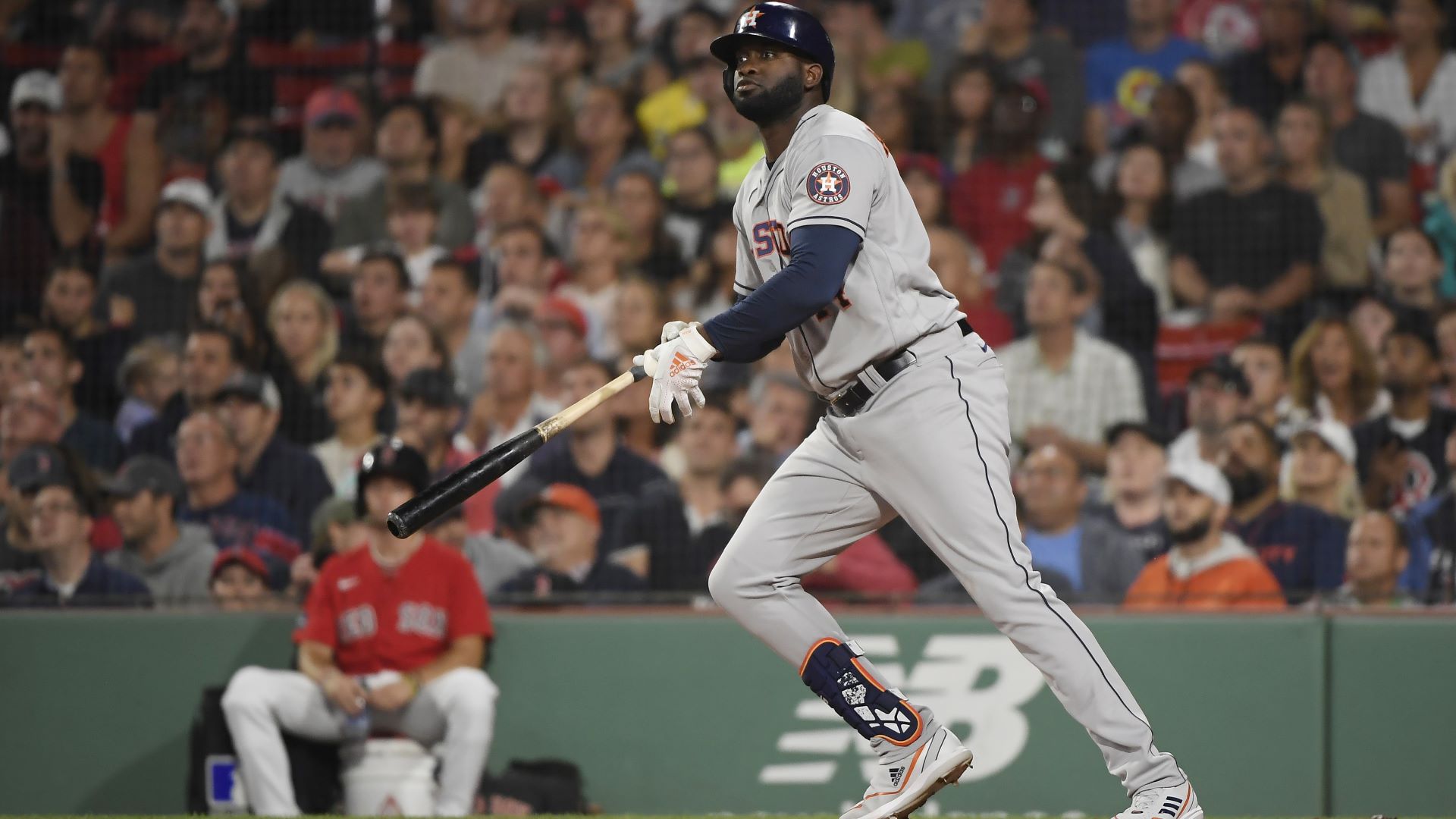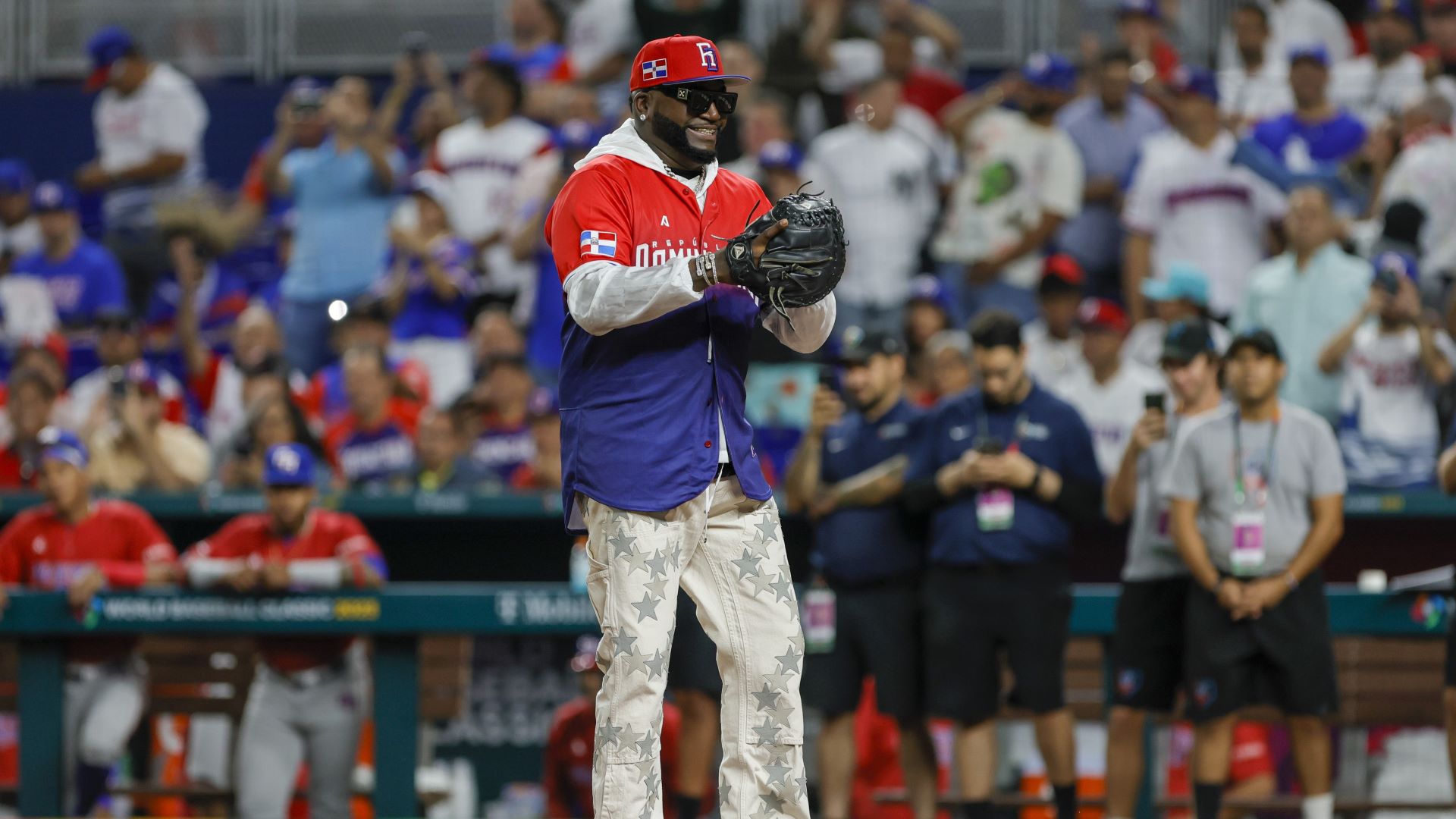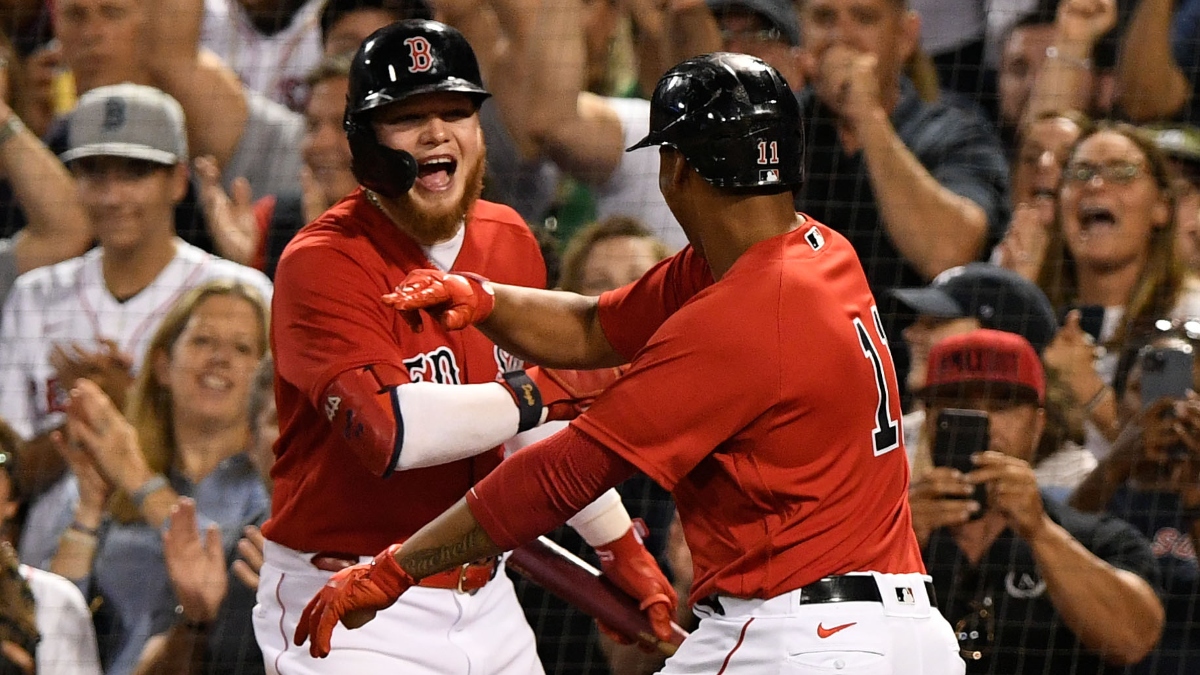NESN proudly celebrates Hispanic Heritage Month -- honoring the culture and contributions of the Hispanic and Latino communities in New England sports.
Ted Williams knew he wanted to be the greatest hitter of all time at a young age.
He also knew in order to do so, he'd have to suppress resentment from his childhood along with his Mexican-American heritage.
The Boston Red Sox legend, named after Theodore Roosevelt, was a symbol of patriotism. When he wasn't on the field -- earning 17 All-Star appearances, two MVP awards and two Triple Crowns playing America's pastime -- he was flying fighter jets as a Marine in World War II and the Korean War. Among his proud accomplishments, the outdoorsman made it into the Fishing Hall of Fame and raised millions for sick kids at the Jimmy Fund.
But Williams was complicated.
Some of those fishing trips took precedent over the birth of his own children. Williams went through three wives amid countless public affairs, routinely fought with critical sportswriters and wasn't thrilled about taking his hiatus to serve in the military during the prime of his career.
As revealed in the biography "The Kid: The Immortral Life of Ted Williams," which Ben Bradlee Jr. wrote in 2013, much of his behavior likely stemmed from growing up in an unhappy home and doing everything in his power to hide that.
Williams' mother, May Venzor, was a Mexican-American from El Paso, Texas, who met his father in the Salvation Army. They made a home in San Diego but Williams resented his mother for her long hours as a devoted soldier, leaving him and his brother home with an alcoholic father.
But his dad, Samuel Stuart Williams, gave Williams a white name, something other Latino players of that time didn't have the luxury of. And Williams was advised to keep that Mexican heritage a secret to not hurt his career, as it did to others.
Williams didn’t disclose his Mexican ancestry until 1970, a brief mention in his autobiography. He didn't even spell his mother's maiden name correctly.
"Her maiden name was Venzer, she was part Mexican and part French, and that's fate for you; if I had had my mother's name, there is no doubt I would have run into problems in those days, the prejudices people had in Southern California," Williams wrote of his mother in "My Turn At Bat."
Ironically, baseball might have been in his genes thanks to her side of the family -- his maternal uncle Saul Venzor, an accomplished pitcher in Santa Barbara, Calif, is credited for introducing him to the sport. Yet after Williams' rookie season, he shunned that side of the family who wanted nothing more than to celebrate him.
Though if Williams felt inclined to conceal his own ethnicity, he didn't want other minority athletes to.
He is said to have written Jackie Robinson a letter to congratulate him when he broke the Major League color barrier. He also befriended Larry Doby, the first Black player in the American League, and Pumpsie Green, the Red Sox's first Black player after Boston became the last team to integrate.
When being inducted into the Baseball Hall of Fame in 1966, his speech called for Cooperstown to include stars from the Negro League.
"I've been a very lucky guy to have worn a baseball uniform, and I hope some day the names of Satchel Paige and Josh Gibson in some way can be added as a symbol of the great Negro players who are not here only because they weren’t given a chance," Williams said.
The greatest hitter of all time understood the negative impacts of segregation and racism when he played. Now, players proudly represent their heritage across every MLB city.
Williams can't be considered baseball's first Latino star because he never embraced it to pave the way for the others who came after him.
But perhaps he might wish he had.

